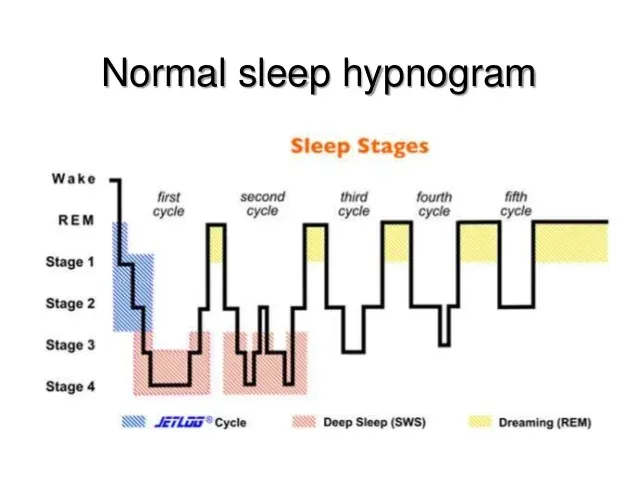Alcohol intake and sleep

Sleep quality is more important than sleep duration.
Drinking alcohol right before bed affects both sleep quality and sleep duration.
It presents a significant health issue. Alcohol proves to be a destructive compound which disrupts our sleep architecture.

Purpose of sleep
We need sleep for key aspects of our body's recovery. Without it, we can not heal mentally or physically. Life becomes difficult. Our health suffers. As we age, the compounded negative health consequences will pay dividends.
Sleep is, in fact, how we keep our memories in order to learn, develop, and grow as individuals.
Alcohol intake before sleep
We know through extensive research, alcohol disrupts sleep. The idea here is to give an understanding of the detrimental effects alcohol illicit within a certain time frame before sleep.
A study published in the journal Sleep found that having just one alcoholic drink about an hour before sleep can reduce the amount of REM sleep, which is essential for memory consolidation and emotional regulation.
Some people use alcohol as a sleep aid, but in certain cases, this can be harmful.
It is a trigger for:
Abnormal circadian rhythm
Low oxygen saturations
Trigger of insomnia
Short duration sleep
Snoring events
OSA
Consequences of poor sleep
Furthermore, it leads to daytime sleepiness, difficulty concentrating, and increased stress levels. Poor sleep quality can also weaken your immune system, making you more susceptible to illnesses.
There is mixed evidence on the health benefits of alcohol. Some research shows that alcohol can provide mortality benefits, but it is crucial to avoid excessive consumption.
Chronic alcohol consumption and poor sleep can increase the risk of developing serious health conditions such as high blood pressure, heart disease, stroke, liver disease, and certain types of cancer. Alcohol can also contribute to weight gain, as it is high in calories and can lead to poor dietary choices.
Sleep after alcohol intake
Two phases of sleep. REM and Non-REM sleep.
Drinking alcohol acutely before bed creates a sedative effect. Elevated levels of alcohol directly interact with neurotransmitters. The interaction prevents you from going into REM delaying the process. The result is less REM sleep in the first part of the night.
When your body removes the alcohol later in the night, it causes more wakefulness. This mean your sleep is lighter and you will wake up more often.
If one continues the use of alcohol acutely before sleep becomes a long-standing habit, and it can lean to poor sleep quality over time and insomnia.
The specific interaction between are bodies and alcohol is complex. Researchers have not yet fully understood the detailed molecular processes behind sleep disturbances, but they have thoroughly analyzed all the observational data.
What can be done?
- If drinking is your thing, then the timing is important. Generally, one should leave a window of 3-4 hours after consuming alcohol to allow the body to process and eliminate it.
- Quantity matters. Tolerances vary by age, gender weight and frequency of consumption. In general, mild to moderate consumption of alcohol or none would be ideal.
Current guidelines define moderate intake as:
Male is 2 drinks per day.
Female is 1 drink per day.
- 12 ounces of beer (with about 5% alcohol content)
- 5 ounces of wine (with about 12% alcohol content)
- 1.5 ounces of distilled spirits (with about 40% alcohol content)
- Hydration: Drink plenty of water before, during, and after consuming alcohol to help counteract its dehydrating effects.
- Food intake: Eat a balanced meal before or while drinking alcohol. This can help slow down the absorption of alcohol into the bloodstream.
- Sleep hygiene: Maintain good sleep hygiene practices, such as establishing a regular sleep schedule, creating a comfortable sleep environment, and avoiding stimulating activities before bedtime.
- Avoid mixing alcohol and medication
Summary
Sleep is the cornerstone of our physical and mental well-being. The absence of it leads to an uphill battle in life, deteriorating health, and compounded consequences with age. Alcohol, commonly viewed as a cure for insomnia, disturbs the fundamental nature of sleep. Having just a drink before bedtime can deprive us of important REM sleep, compromising memory, and emotional regulation. This disruption, if chronic, leads to insomnia and an array of health issues. The solution lies in mindful drinking or none at all. The timing, quantity, and hydration matter. Prioritize sleep hygiene and let's not trade our long-term health for a fleeting nightcap. Prioritize peace over chaos, for a healthier and more promising tomorrow.